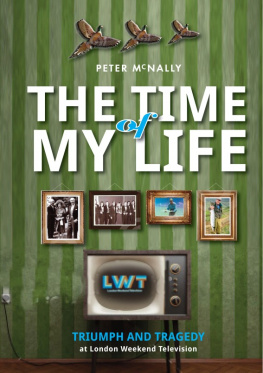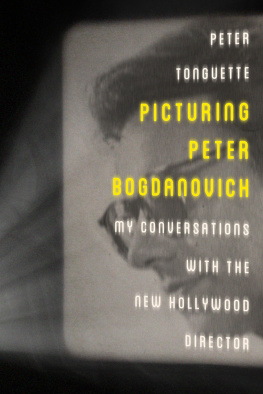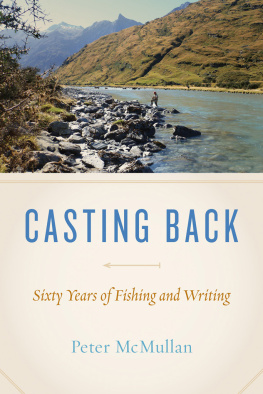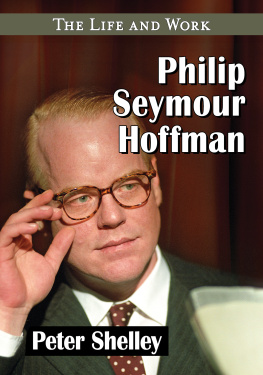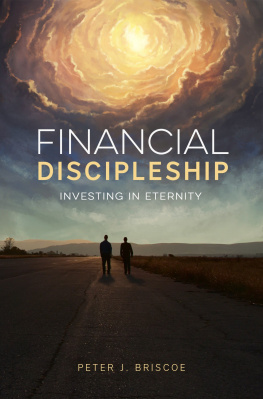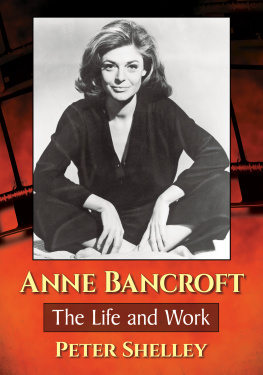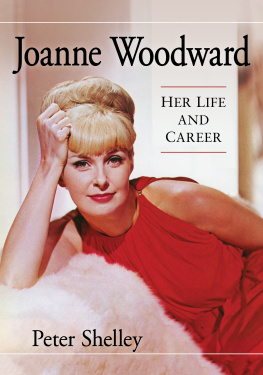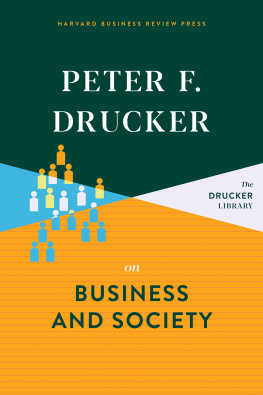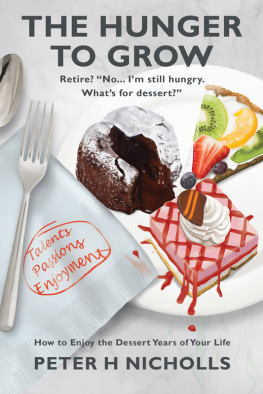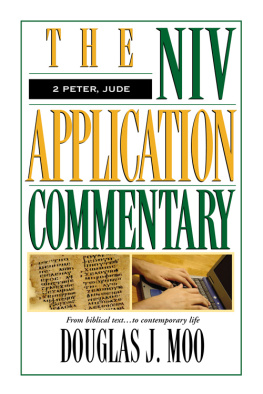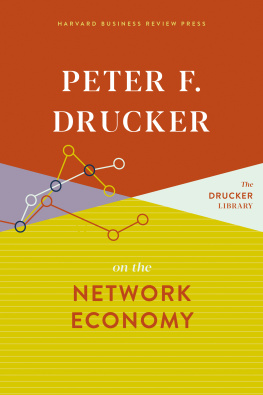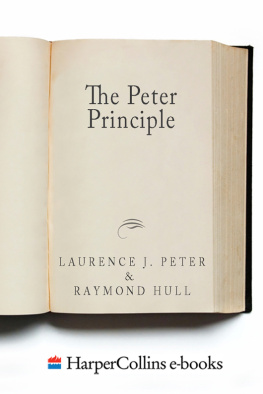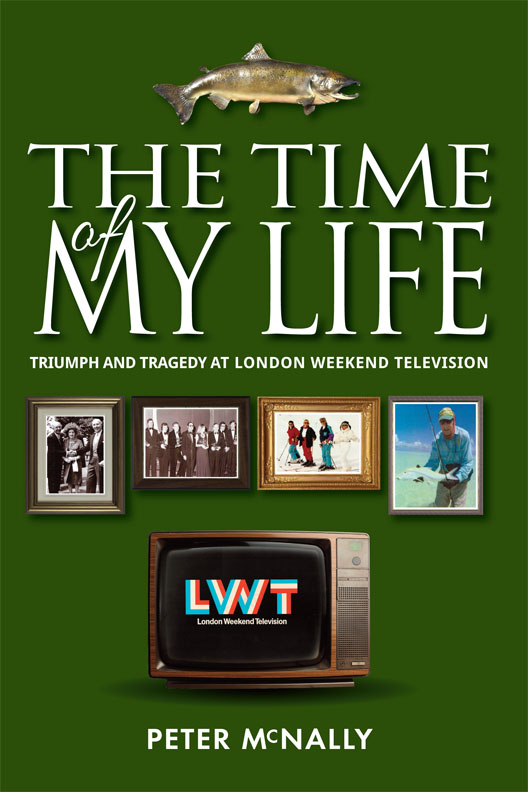
THE TIME OF MY LIFE
TRIUMPH AND TRAGEDY AT LONDON WEEKENDTELEVISION
PETER McNALLY
Smashwords Edition
Copyright Peter McNally, March 2013
First published in England, March 2013
Book jacket design Ray Lipscombe
Published byMemoirs

25 Market Place, Cirencester, GloucestershireGL7 2NX, England
Tel: 01285 640485, Email:info@memoirsbooks.com
www.memoirspublishing.com
Read all about us at www.memoirspublishing.com .See more about book writing on our blog www.bookwriting.co . Followus on www.twitter.com/memoirsbooks
Join us on www.facebook.com/MemoirsPublishing
ISBN 978-1-909304-61-1
All rights reserved.
No part of this publication may bereproduced, stored in a retrieval system, or transmitted in anyform or by any means, electronic, mechanical, photocopying,recording or otherwise without the prior permission of Memoirs.
Although the author and publisher have madeevery effort to ensure that the information in this book wascorrect when going to press, we do not assume and hereby disclaimany liability to any party for any loss, damage, or disruptioncaused by errors or omissions, whether such errors or omissionsresult from negligence, accident, or any other cause.
The views expressed in this book are purelythe authors.
CONTENTS
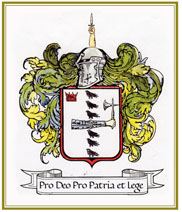
Pro Deo Pro Patria et Lege
The McNally Coat of Arms
To my family and many friends and formercolleagues, in the hope that my memory has allowed me to relayaccurately the significant events in my life. I apologise for anyinaccuracy in these recollections.
Hannington Wick, March 2013
INTRODUCTION
Looking back over my life, I do not remembereverything with pride or happiness. Some of the events which leaveme embarrassed were moderate successes; others were dismalfailures, most of which I would like to forget. I believe I wasextremely lucky coming from a large and supportive family withdevoted and loving parents whose concern was always for thewellbeing of their children rather than their own.
As my parents had both been privatelyeducated, they were very keen that we should all be given thebenefit of a public school education (an odd conflict in terms).This provided us all with a firm and confident base for the future,although it probably meant them going without holidays and otherluxuries.
There is no doubt that the moral code andwork ethic my brothers and I acquired in the years at Hodder andStonyhurst have served us well in later life. The world doesnt oweus a living. Personal fulfilment and happiness can generally onlycome from our own efforts. This was probably helped by being amember of a large family, my mother being the eldest of eightchildren and her mother being one of ten, thus reducing thepossibility of any significant financial inheritance. There was nodoubt that if we were to enjoy the lifestyle of our grandparents wewere going to have to overcome some significant challenges. As Iwas aware that there were many more intelligent and giftedindividuals than myself, I realised I was going to have to workvery hard and be very lucky, putting more time and effort into mybusiness life without taking undue risks. It has paid off Ihope.
CHAPTER1
BEGINNINGS
1933-39
I was born in March 1933 in Folkestone, Kent,the second of six children. My father, Patrick McNally, was amedical officer in the Royal Air Force. Both my parents came fromlarge families. My father, who had been at school and university inDublin, was one of five and came from an old Ulster family. Mymother, the eldest of eight children, was born Mary Dean Outred.She was from a medical family with origins in Wiltshire. They hadmet when my mother was at finishing school in Belgium with myfathers sister.
I have few memories of my early life, otherthan being constantly ill as a child. I was always being carted offto the local hospital in Gravesend, where my English grandfatherpractised as a GP. We lived in a series of rented houses, althoughsome of these houses were provided by the RAF as my father movedfrom one posting to the next.
During my early years my father spent time inIraq and was frequently away from England. When he was away on anoverseas posting my mother took a house close to her familys homeon the outskirts of Gravesend. During this time I remember that Iwas in and out of hospital on a pretty regular basis, mainly withasthma and bronchial problems I was very much a weakling. Theseproblems persisted into my early teenage years and I didnt reallyget over them until I had been for a couple of years at boardingschool, not a very auspicious beginning.
At the time my mother was extremely fortunateto find an amazingly capable nanny to look after her ever expandingfamily. Her name was Stella, and she really was a star. I dontknow what my mother would have done without her. She wasexceptionally kind and wonderfully dedicated to the family.
Stella used to take us for long walks to thecountryside around Gravesend. On one of these walks we saw a yellowbiplane hurtling out of the sky and crashing into the woods. Wewanted to go and see the wreckage, but Stella wisely would not letus get close to it. Could these have been training aircraft fromBiggin Hill Air Base?
My English grandmother was a formidable lady,who had eight children and owned one of the first motor cars. Thiswas in 1904, when the speed limit on roads was 20 mph. She alwayshad servants and never learned to cook.
Grandmother was a Gilbert, a member of alarge family with origins in the West Country. According to mymother she was descended from Sir Humphrey Gilbert, an Elizabethanventurer and half-brother to Sir Walter Raleigh.
The Gilberts traced the lineage back severalcenturies. Records show John Gilbert, Squire, living at AbbastonManor, Shrewton, Wiltshire, in about 1600. The relationship to theWalter Raleigh Gilberts of Compton is a matter of conjecture, butit would seem likely that they were a branch of the same family.Great Aunt Lil wore a signet ring with a squirrel crest, which wascommon to both families. Squirrel was the name of a shipwhich was lost with Sir Humphrey and his crew on the last of theirvoyages of discovery to North America.
In the 18th century Joseph Gilbert lost thefamily fortune, allegedly through gambling, and with it AbbastonManor, which was then purchased by his aunts family, the Miles. Hewas dead at the age of 28, but left two sons, Joseph Miles Gilbert,born in 1777, and the future General William, born in 1787. Williamwas Colonel Commandant of the 21st Bombay Native Infantry, which in1824 became a marine battalion. It was a regiment with adistinguished record of service, including the Afghan andAbyssinian campaigns. It also took part in repelling the BombayMutiny in 1858.
General William Gilbert lived in a housenamed Tweed in Hampshire. Apparently he remained a bachelor. Inlater years my Great Aunt Laura and her own child, Kit, used hisuniforms for dressing up at parties!
His elder brother was grandfather to mygrandmother, Mary Gilbert. Joseph, a highly-regarded marine artist,was commissioned to paint for Queen Victoria her review of thefleet during the early part of her reign. This painting was hangingat Osborne House, the then royal residence on the Isle of Wight.Joseph produced most of his work between 1825 and 1855; heexhibited at the Royal Academy during those years and lived inWestbourne Place, Chelsea, in the 1840s. This address no longerexists, having subsequently been renamed Clevedon Place. It leadsinto Sloane Square from Eton Square.
Next page
